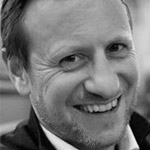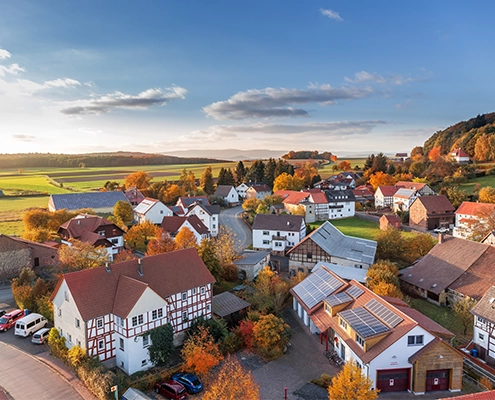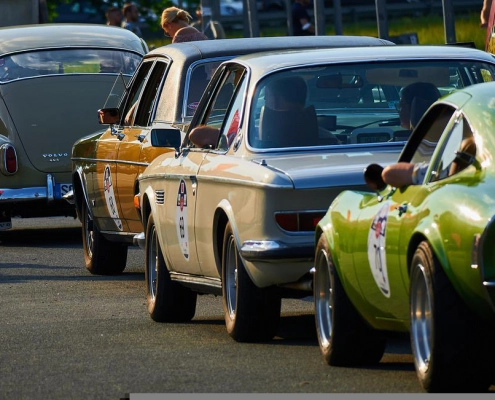“Focus on positive and learn from negative. That’s how I learned to slow down the pace.”
Fluidtime: You say that your past decisions were often influenced by exuberance and naivety and yet you are where you are today. Would you make the same decisions again at any time or would you try to act with more rationality?
Burgersdijk: Every step you make fills your tool kit with experience, but it also creates such moments as “that was naive” or “I should have thought longer”. I made choices where I thought to do the right things, but they didn’t come from my heart. The compass that guided me was the social framework in which I grew up. From childhood on, you take a lot from your parents and their experiences, but the times are constantly changing and you have to write your own stories. Exuberance and naivety are not negative attributes, quite the contrary.
Boyishness will bring you where you want to go. But you also learn that it’s not healthy and helpful to jump blindly in every relationship. Today, I take more time and look at these things with more patience. I reflect way more than I did in my past days and I learned that it takes time to create healthy relationships. My Team and I try to keep up our trust and to make it stronger from day to day. I think it’s about balancing – life is not a sprint, it’s a marathon. Focus on positive and learn from negative. That’s how I learned to slow down the pace. Exhuberance is something positive. Go out and celebrate life, it enriches you. Today I am the guy who laughs about himself and I love it. It’s important to be able to laugh about yourself.
Fluidtime: How did your path of life affect you on the subject of MaaS? Did the circumstances lead you there or was it a long-standing plan?
Burgersdijk: I had many plans, setups and startups coming here. Life was my best teacher. I need to experience everything for myself before I actually believe someone else.I was working on validating diplomas, worked on standardizing legal contracts and human processes. When I was young, I wanted to be someone important and rich – that led me to a bankrupt organization. The most important thing I learned is, that you should do everything you are capable of for others and not for yourself. I took part in a social house project and that was the best time of my life. All the people gave me so much and I experienced for the first time, that it’s not about the money, it’s about what you can do for others.
“It feels like like editing color to a raw product and making it shine. That changed my way of thinking.”
Today I don’t buy a product, like a TV. I buy all the parts for a TV and create it in my own way. That’s why MaaS is a good place for me – People need to stop buying the same product each and every year. They have to think in sustainability and not in functionality or single products. People want to be mobile and MaaS can help to show the new ways of mobility. n.
Fluidtime: Is the society prepared and open minded for new types of mobility like MaaS? Or is there still too much scepticism?
Burgersdijk: Society is always ready for something new. If you look back in history – let’s say from 1900 to today – we see that people can change. From brutal conflicts to the development of the Internet and the technology of the 21st century. Nothing stays the same. Everything is changing rapidly and continuously. We just need to live outside our minds and start to create everything on our own. Put your foot in the direction you want to go and don’t let constraints limit you.
About

Ferdinand Burgersdijk
Ferdinand Burgersdijk operates as an independent Cosultant for Digitisation and Data Sharing. Moreover he is the Leader of the Technology, Standards & Ticketing Working Group of MaaS Alliance. Instead of forming our belief system on storytelling, he believes in observation, analyses and creative problem solving.





